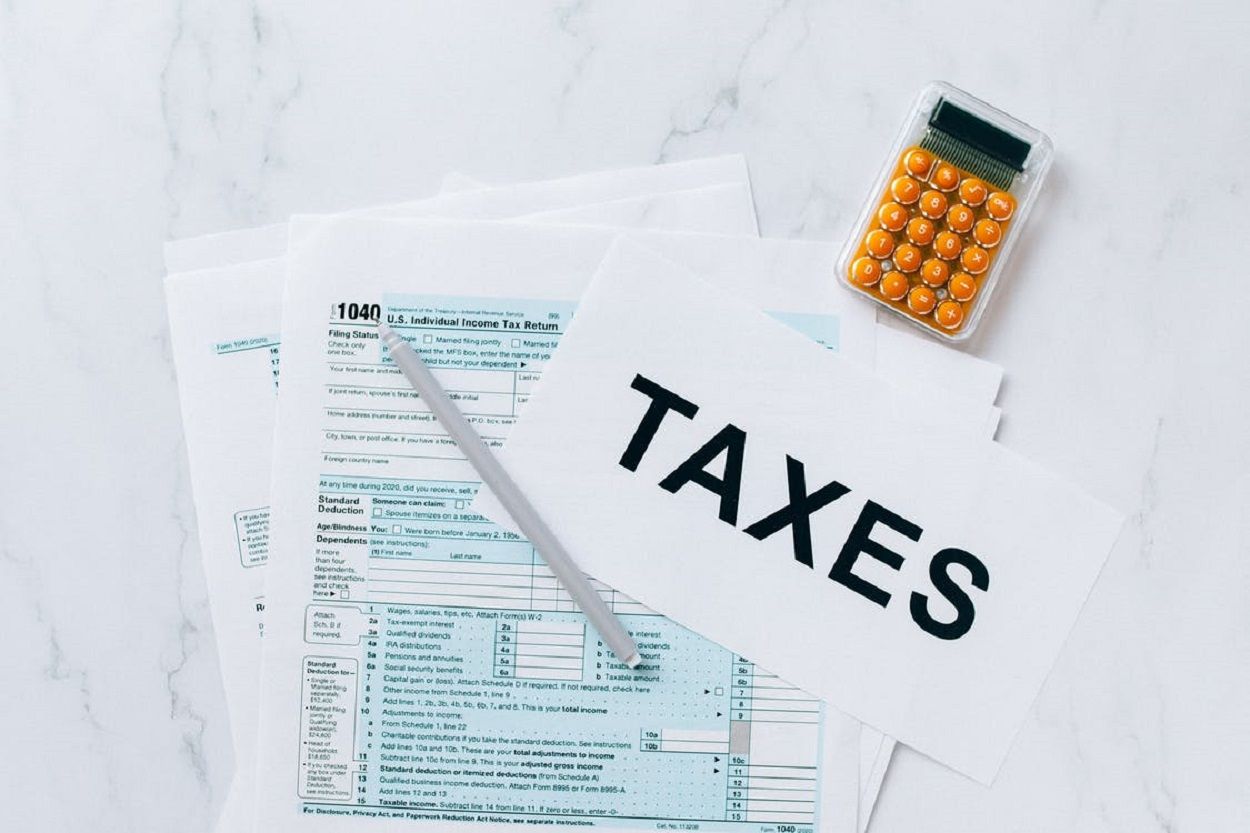- The staker has to include the fair market value of the crypto in his tax return
- Validators are chosen based on the number of tokens or coins staked
The IRS has established statutory provisions for when cryptocurrency staking rewards are income and the year, in which rewards are included in the staking entity’s gross income, Reuters reported.
Clarification of the facts
The clarification has been a long time in coming, no doubt inspired by relevant lawsuits against the IRS. The ruling establishes the following facts:
A staker receives 5 units of cryptocurrency X for staking and validating transactions on the N blockchain. On a certain date, they can sell, trade, exchange, or otherwise dispose of the 5 N units. On that date, they have control over the 5 N. In the tax year that includes that date, the staker has to include the fair market value (FMV) of the 5 N units.
According to the IRS’s ruling, which was issued on July 31, a taxpayer has to add the fair market value of the staking rewards to their gross income in the tax year, in which they obtain control over them. This is the case when they stake crypto on a proof-of-stake blockchain and get additional cryptocurrency at validation as a reward.
The rewards’ FMV is established as of the time and date the taxpayer gets control.
Factors behind validator selection
The blockchain, on which the crypto is staked, chooses validators based on a number of factors. Those include the number of tokens or coins the entity stakes. The validators confirm transactions and add blocks to the blockchain in accordance with the blockchain protocol.
The validator gets a reward if the blockchain’s protocol chooses it and it performs the validation successfully. If it does not perform one successfully, the units staked might be slashed. Slashing is a penalty where one loses the crypto they have staked, or part of it.
According to the IRS’s ruling, the same principle applies when a taxpayer uses an exchange to stake cryptocurrency and they get crypto as a reward when validation is performed.













